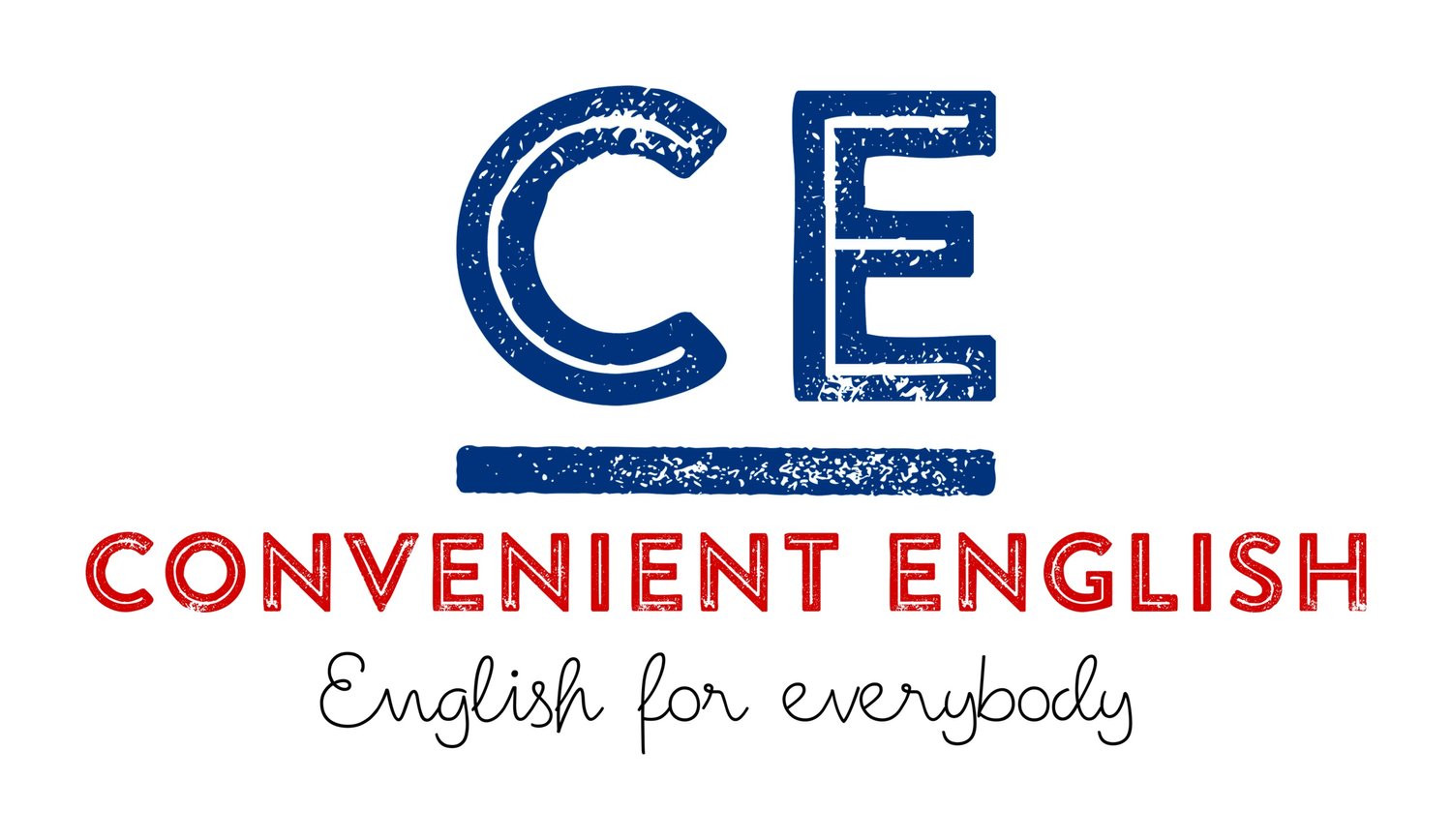Como usar todas las versiones del “USED TO” correctamente 2/2, idioms, phrasal verb y collocations.
En el post anterior vimos como usar el Used to - Past habits (“solía”), clica aquí para ver el post.
Hoy os hablo de la que es probablemente la parte más difícil: Estar acostumbrado “be used to” y Acostumbrarse “get used to”. Como ya te adelanté, no se usa igual que el lo anterior, así que tendremos que hacer un esfuerzo extra y practicarlo muchas veces para que “se nos quede”. :)
Empecemos!
Estar acostumbrado “be used to”:
Aquí lo que conjugamos es el BE (lo podemos usar en varios tiempos verbales!), dejamos fijo el | used to | y le añadimos un -ing a la acción.
Laia is not |used to| having breakfast. Laia no está acostumbrada a desayunar.
Anna was |used to| walking to school when she was living in Sweden. Anna estaba acostumbrada a ir caminando al cole cuando vivia en Suecia.
Acostumbrarse “get used to”:
Seguimos con la misma fórmula anterior, sólo que aquí conjugamos el GET (lo podemos usar todos los tiempos verbales!), dejamos fijo el | used to | y le añadimos un -ing a la acción.
Steve is getting |used to| living in Prague. Steve se está acostumbrando a vivir en Praga.
Mike will get |used to| getting up at 6am in a few weeks. Mike se acostumbrará a levantarse a las 6 en unas semanas.
Errores muy comunes:
Laia is not used to have breakfast. INCORRECT!
Mike will get used to get up at 6am in a few weeks. INCORRECT!
Dudas? Déjamelas en comentarios abajo!
Pasemos al Idiom de la semana:
BARK UP THE WRONG TREE
Ladrarle al árbol equivocado? No, pero podríamos deducirlo, no?
Este idiom se usa para decir que estamos (o alguien está) DESENCAMINADO o “meando fuera de tiesto”. Se suele usar en “present continuous” pero se puede usar de otras maneras:
She thinks it'll solve the problem, but I think she's barking up the wrong tree.
He seemed to think he had stumbled on something, but, not for the first time, he is barking up the wrong tree.
El phrasal verb de la semana es: TELL somebody OFF (for doing something):
Reñir! Aunque tenemos equivalentes en versión “no-phrasal verb”: scold/reprimand, éstas no se usan tan a menudo.
The teacher told me off for swearing.
I hate telling people off for not wearing their mask.
Y por último, las collocations! Esta semana son meteorológicas :)
Heavy / Light + Rain. We’re expecting heavy rain during the day.
Strong / Light + Wind The wind is not strong enough to windsurf today.
Rough / Calm + Sea Yesterday the sea was really rough so we couldn’t sail. Rough sea
Errores comunes:
Strong rain, heavy wind, brave sea. INCORRECTOS :)
Te falta algo? Necesitas alguna aclaración? Déjame tus comentarios y si te ha gustado el post no olvides compartirlo en tus redes sociales. Gracias!




